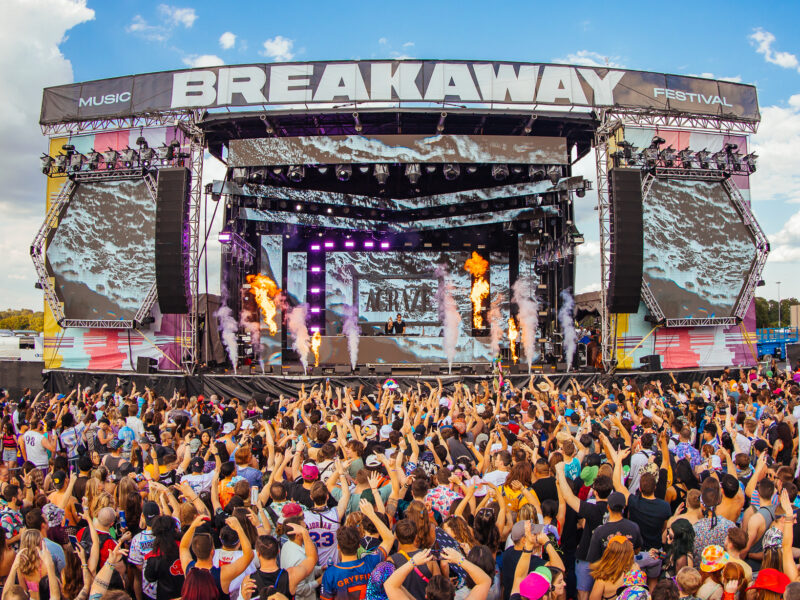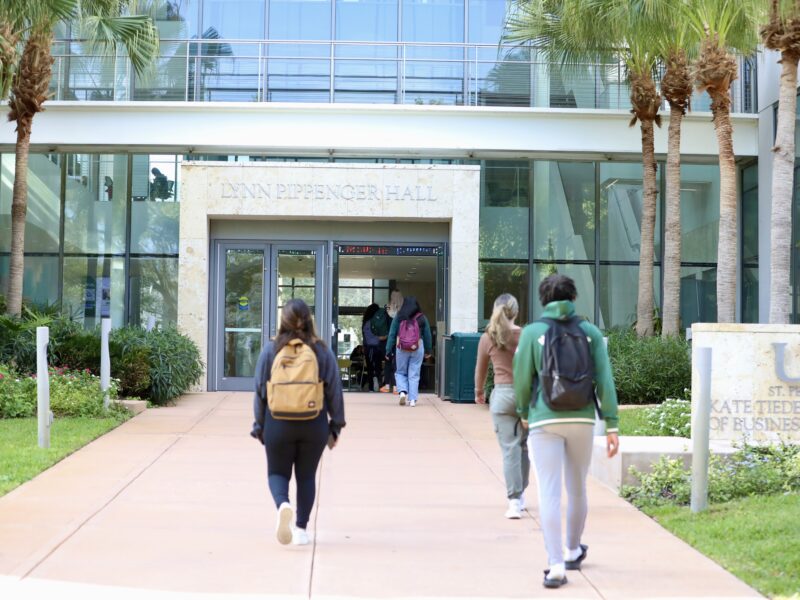At 11 years old, Maria Vera knew the pain of leaving her home and her family’s cultural roots.
But she wasn’t just moving to a different state or town. She was journeying across an ocean with her family with hopes for a better future— a future far from the torment of oppressive government.
Her family lived in Caracas, the capital of Venezuela. La Casona, the official residency of the president, was so close to Vera’s house that they could hear gunshots from attempted coup d’états of the government. While pregnant with Vera, her mother often hid under the bed in fear of bullets going astray.
“I was brought up in that, so I knew that I had to watch out,” Vera said.
She recalls her parents giving her a cell phone to keep on her at all times when she was five-years-old. Where she lived, the risk of danger was high even for a young girl. At that age, she knew she couldn’t believe everything they told her at school, or trust police and military officials.
“But you were born with that awareness,” Vera shrugged. “It wasn’t a big deal, it was just everyday life.”
Vera’s sister, Maria Fernanda, was only five when they left Venezuela and so never had that “eye behind her head” Vera said. For Vera, one of the biggest culture shocks was being free of worry or fear.
Vera’s parents owned a house in Florida as a vacation home prior to the relocation of their family, but she was still amazed at how many things the average American takes for granted.
“I was really excited there were carpets,” she said. “And the airport was the most beautiful thing I’d ever seen. Everything was so clean and new.”
In Venezuela, military officials and police would find any reason to detain travelers in the airport, Vera said.
“It can get very dangerous. If they see you’re going to leave for good they want to keep you there,” she said.
Her parents, Carlos and Luisa Vera, both had successful careers as investment bankers in Venezuela. The Vera’s were well off and more than comfortable in their spacious home, but the safety of their children took priority over their lifestyle.
Now 21, Vera fully appreciates and recognizes what her parents did for their family.
“It was the best decision they could have ever made for me and my sister,” Vera said. “I forever owe them my life and the opportunities they have given me because for all I know, I could be dead.”
In September 2011, Vera and her family were sworn in as naturalized American citizens together. As they recited the Pledge of Allegiance and sang the Star Spangled Banner, Vera hid her tears from her mom.
“It was so emotional. I had never felt more proud to be a citizen of a country,” Vera said.
On March 5, the day before Vera’s 21st birthday, President of the Federal Republic Hugo Chavez died. When Chavez died, Vera said her family felt nothing but immense relief. She described his death as “bittersweet,” because it’s still Chavez’s government, only without him.
“I will always be proud of my roots, but I will never live in Venezuela again,” Vera said. “People don’t know what they have here, to even be able to say that you don’t like your country. The security, the lifestyle, it can never be taken for granted.”


